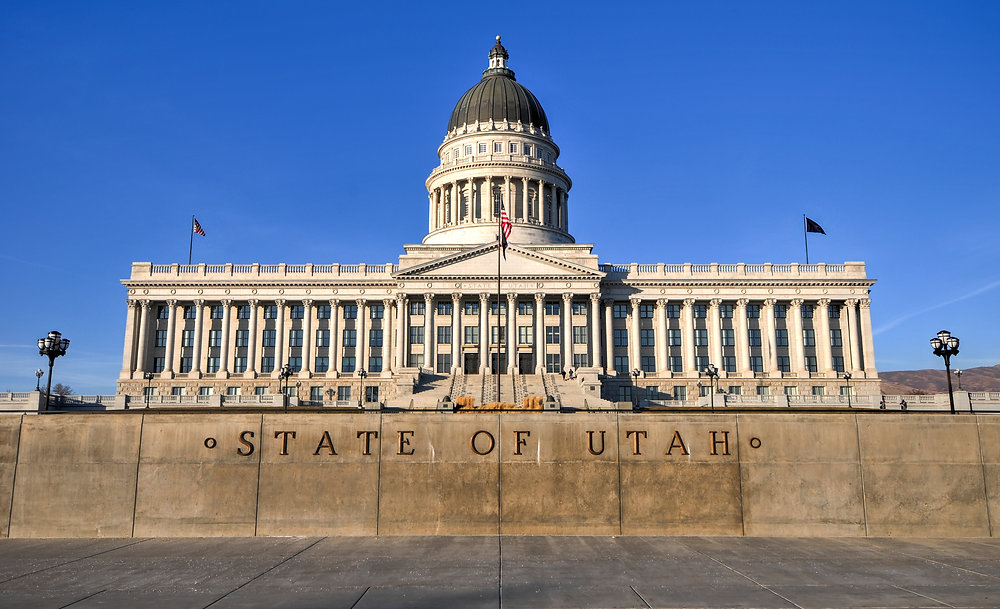
In 2024, Utah will become the first state in the US to forbid trans people and young people from using gender-appropriate restrooms in publicly owned properties. Utah may join ten additional states that have passed legislation aimed at limiting trans people’s access to restrooms, including Florida and North Dakota.
According to this law, trans people must use restrooms that are compatible with the gender they were assigned at birth.
The legislation (House Bill 257), which seeks to define sex and terms related to it across state law in a way that excludes transgender, non-binary, and gender-nonconforming individuals, received 52 votes to 17 in favor in the Utah House.
According to the text of the bill, a woman is defined as “a person whose biological reproductive system is the ova,” and men are described as being “the general type of person who functions to fertilize the female ovum.”
Along with Florida and North Dakota, Utah will become the next state to forbid trans people from using restrooms in structures other than schools. The policy in Utah, however, is of a different nature because Florida’s legislation only applies to government-owned buildings, whereas North Dakota is only concerned with correctional facilities and hostels.
According to the act, trans people who use publicly owned restrooms that are appropriate for their sex could also be accused of voyeurism and/or criminal trespass. These group B misdemeanors are subject to up to six months in prison and a fine of $1,000 if charged and found guilty, according to Utah law.
According to the law, transgender people are able to challenge any complaints by presenting proof that their sex was changed on their birth certificate following gender-affirming surgery. This provision, however, does not account for the fact that not all states permit people to change their gender on birth certificates or that some transgender people choose not to have gender-affirming surgery.
Additionally, the law will mandate that transgender children and their guardians create “privacy plans” alongside their schools for students who might not feel at ease using public restrooms. These plans are intended to implement procedures that will enable these students to use single-occupant or mixed-gender restrooms.
The bill’s opponents counter that this encourages abuse and pushes students to be open about their identities in a way that younger people might not be prepared for.
This will have an unparalleled impact on transgender people and the care and assistance they have access to because of the nature of House Bill 257. One such example is if and how trans people would have access to state-funded crisis centers, which are typically sex-segregated facilities for rape or domestic violence.
The American Civil Liberties Union of Utah urged the state’s governor to veto the policy in a letter, stating that it “perpetuates discrimination, excessively imposes obstacles to Utahns’ daily needs, and threatens harmful and discriminatory enforcement against transgender, non-binary, and gender-nonconforming people.”



